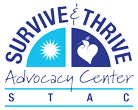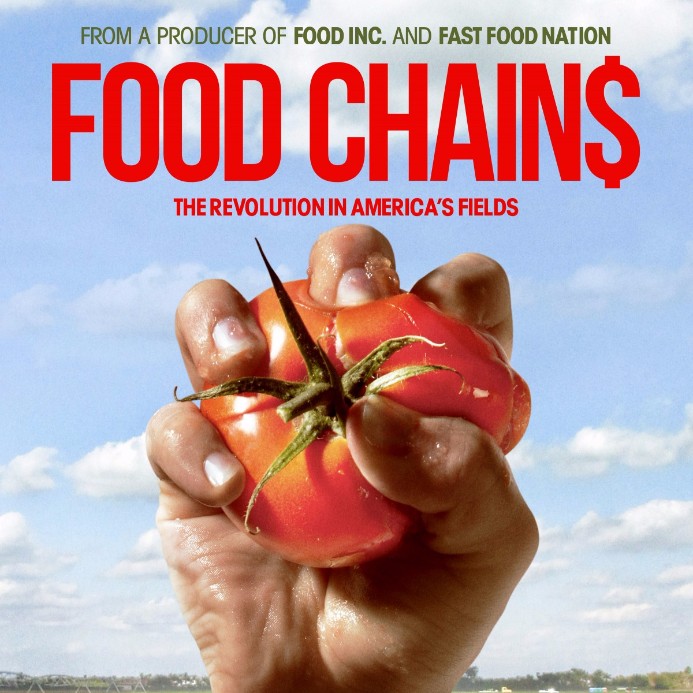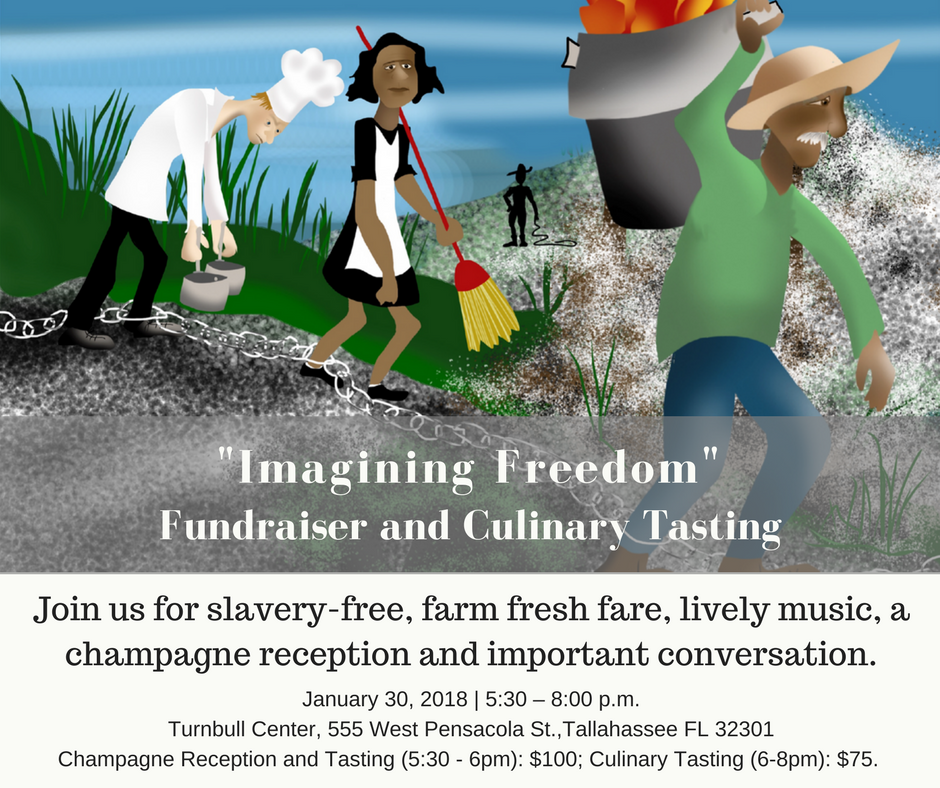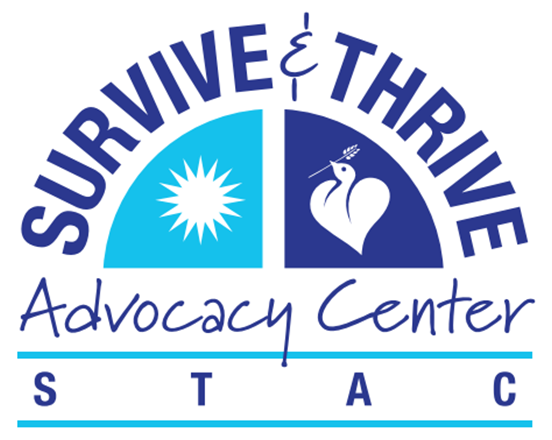HUMAN TRAFFICKING: A CALL TO ACTION FOR HEALTH CARE PROFESSIONALS
This program will focus on the knowledge and skills to recognize and treat human trafficking survivors in a health care setting, with a special emphasis on public health. CME/CEU to be applied for general licensure credit for physicians, nurses, social workers, marriage and family therapists, dentists, dental hygienists, and other health care professionals and human trafficking required licensure credit for nurses.
Details





